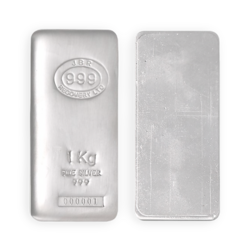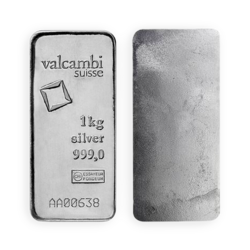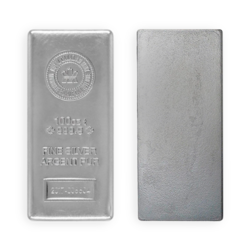We wrote about the Bank Recovery and Resolution Directive (BRRD) previously. From now on, when a European bank goes bankrupt, the shareholders shall be the first to foot the bill (makes sense), then the holders of bonds issued by the bank (also makes sense) will be next in line, and if this isn’t enough, the bank will be allowed to use the money in their clients’ accounts directly – a real scandal, a challenge to the right of ownership, a legal hold-up.
However, this directive calls for sparing accounts holding less than 100,000 euro – the major portion of accounts. But one should not feel secure because this guarantee is largely an illusion... they will have to find the money somewhere! In Cyprus, where there was the first “test” of this type of bail-in, during its April 2013 bank crisis, they didn’t touch the accounts under 100,000 euro, but the country had benefited from 10 billion euro in aid from the EU and the IMF, which corresponds to two-thirds of its GDP. Who could pay an equivalent amount to a large country such as Spain, Italy or France, if there were to be a comparable crisis?
In spite of that, in order to protect deposits less than 100,000 euro, the European Commission had proposed the creation of a “European Deposits Guarantee” fund to avoid eventual bank runs, massive withdrawals and capital flight, as was the case in Greece. This fund was supposed to have access to 55 billion euro and could have borrowed on the markets; it would have been relatively sufficient.
But the European depositors wouldn’t have this luck, because Germany strongly opposed it at the Eurogroup/Ecofin meeting, last weekend, in Luxemburg. Berlin would prefer the BRRD directive be implemented in all European countries, and Wolfgang Schäuble duly noted that France and Italy still had not transposed the directive in their national rights... European countries should first implement sovereign default measures before contemplating some form of mutualisation of the problems... this would be the conclusion of that meeting.
The German’s uncompromising attitude certainly bears some good for the sovereign countries that have to face up to their responsibilities, but it is quite worrisome for European depositors. One thing is clear now: this protection for accounts under 100,000 euro, which wasn’t that solid, anyhow, just officially evaporated – it’s worth nothing.
Reproduction, in whole or in part, is authorized as long as it includes all the text hyperlinks and a link back to the original source.
The information contained in this article is for information purposes only and does not constitute investment advice or a recommendation to buy or sell.


































